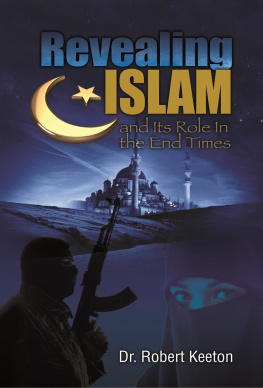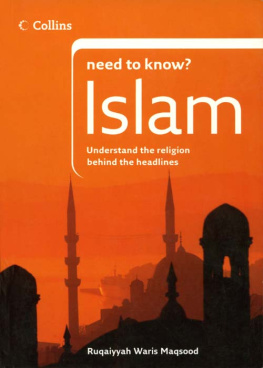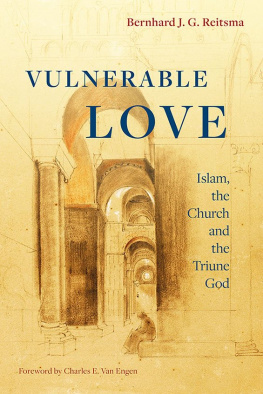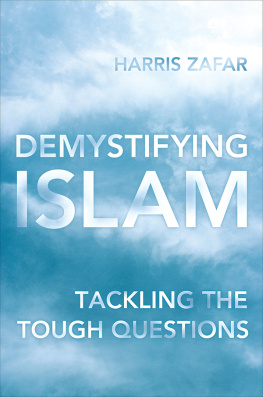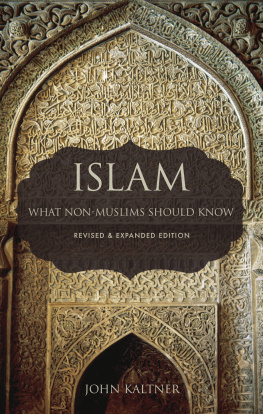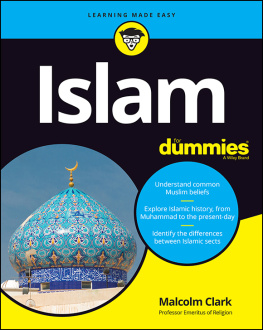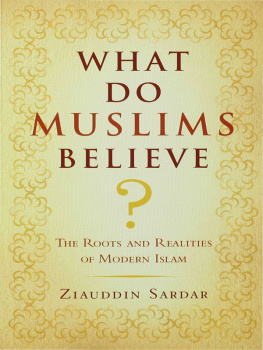BIOGRAPHICAL SKETCH OF THE AUTHOR
Robert Bryan Keeton was born September 25, 1954, in Monticello, Kentucky, and at the age of one his family moved to Elkton, Kentucky where he grew up on his parents farm. He was the tenth of twelve children born to James Bryan and Clasteen Keeton.
He attended public school, and graduated from Todd County Central High School in 1972. He then moved to Indiana where he met his wife-to-be Deborah Kay Trivett. They were married December 3, 1973. They have two children Bryan Edward Keeton and Tonya Kay Keeton Shelby and six grandchildren.
On December 10, 1981, at the age of 27 he was saved, in his home after studying a chapter with his wife, from a booklet entitled After Salvation. The booklet was one that the Rock of Ages Prison Ministry handed out to those incarcerated in prisons all across America. Ironically, this is the ministry in which he would later serve the Lord.
Two years later God began to deal with his heart to preach. God continued to deal with his heart for nearly three more years, and on August 19, 1986, he surrendered to preach Gods Word.
Robert owned and operated his own business and had as many as eight crews working for him during this time. As time passed, God began to open doors of opportunity for him to preach in nursing homes and churches. The responsibilities of the business that he once loved became more of a burden because of the call of God upon his life. He was open to any opportunities God allowed.
In April 1987, he agreed to go on a prison revival that Dr. Ron Gearis had invited him to go to as a volunteer with the Rock of Ages Prison Ministry. The revival was at the Parchman State Prison in Clarksdale, Mississippi. It was there that God broke his heart for the spiritual need he saw among the prisoners. After returning from the prison revival, on April 10, 1987, God confirmed through His Word ( To give light to them that sit in darkness and in the shadow of death, to guide our feet into the way of peace. Luke 1:79) that the Rock of Ages Prison Ministry was where God wanted him to serve as a missionary.
On April 14, 1987 the Board of Directors met and interviewed Robert and his family, and they were accepted that day as missionaries. He was ordained and sent out from his church on August 16, 1987.
Robert and his family stepped out by faith to serve the Lord in the call that God had placed upon their lives. For the next eleven and one half years their home would be mobile in a Fifth Wheel Recreational Vehicle (RV) to accomplish taking the Word of God to the prisoners. They traveled from prison to prison as God opened opportunities for them to do so. They are no longer in the RV but now reside in Cleveland, Tennessee, where they continue to serve with the Rock of Ages Prison Ministry.
Robert has served the Lord in the Rock of Ages Prison Ministry in many positions such as: Revival Team member, Revival Team Coordinator, International (Foreign) Team Coordinator, Director of Training, Executive Director of Rock of Ages College of Biblical Studies, and is presently serving as the Director of Education.
His present position has him directing or overseeing the training of all Rock of Ages Ministries Missionaries and volunteers for prison, military, and the public school ministry. He is also over the Rock of Ages College of Biblical Studies and Theological Seminary with over 230 external study students. Another department under his supervision is the Discipleship Institute, which is also a Bible Study program by correspondence made available to the prisoners, church members, school students, and military personnel. Presently there are approximately 24,000 students (in eight countries) studying Gods Word through this program.
Robert has earned a Bachelor of Divinity, Masters in Religious Education from Great Plains Baptist College, a Doctor of Religious Education from American Baptist College, and a Doctor of Theology from Rock of Ages Theological Seminary.
Presently Robert serves as a member of the Executive Staff and a member of the Board of Directors of the Rock of Ages Ministries.
Robert has been educating missionaries concerning the religion of Islam from January 1996 to present day. He has also conducted informational seminars in several churches on the subject of Islam and their connections with the end times or last days. God has burdened his heart to equip the children of God not only to know about but to know how to deal with this religion.
T HE FIVE DOCTRINAL PILLARS OF ISLAM
When I was compiling this material in 1995 the things covered in this chapter were referred to as the Doctrinal Pillars of Islam. Today, Doctrinal Pillars, refers to a different list; and they are such things as prayer, fasting, and alms giving. In reality these things are not Doctrinal Pillars, they are practices, and I will deal with them as such later. This section is dealing with what would more accurately be called the Doctrinal Pillars.
The very definition of doctrine makes it pretty clear. The Latin: doctrina is a codification of beliefs or a body of teachings or instructions, taught principles or positions, as the body of teachings in a branch of knowledge or belief system . The Greek analogy is the etymology of catechism .
Often doctrine specifically connotes a corpus of religious dogma as it is promulgated by a church but not necessarily. Doctrine is also used to refer to a principle of law, in the common law traditions, established through a history of past decisions, such as the doctrine of self-defense , or the principle of fair use , or the more narrowly applicable first-sale doctrine . In some organizations doctrine is simply defined as "that which is taught," in other words the basis for institutional teaching of its personnel on internal ways of doing business.
Thus, the following five points are like the Muslims constitution. These five things are the summation of their entire belief. We will look at each of these briefly now, but will spend much more time on them in the following sections. To be a true member of Islam one must hold to these five fundamental beliefs.
At a glance these five beliefs appear to be very similar to Christian beliefs. However, when examined in light of what Muslims believe about each of these we will see that they believe much differently than Christians.
Islams Belief in the Prophets
Shahada is the Arabic word that is used to express their profession of faith in God and the apostleship of Muhammad.
Islams teachings concerning the prophet differ from that of Christianity in several ways. Even though there may be a few common views, they are still quite different overall.
According to the Quran, the prophet must be a human being. It is because of this that Islam teaching rejects incarnation or that Christ was God in the flesh.
Muslims acknowledge that God cannot be tempted. Therefore, God chose prophets to be examples for mankind to follow. They are again denying Christ as God in the flesh; because according to their view, how could God in the flesh (Christ) accurately serve as an example for mankind when we are so frail and have so many things that can tempt us?
Islam teaches that one qualification for a prophet was that he must be sinless or at least have never committed any major sins or faults.
So, according to their own teaching, the prophet has no room for error. At least they do not have any major faults or major errors.
We know that is not true according to the Word of God, for if a person sins in the least of things he is guilty of all.
James 2:10 For whosoever shall keep the whole law, and yet offend in one point, he is guilty of all.
The prophet's message according to Islam consists of three parts:
1. The Unity or Oneness of God.
2. Submission to God's Laws.

